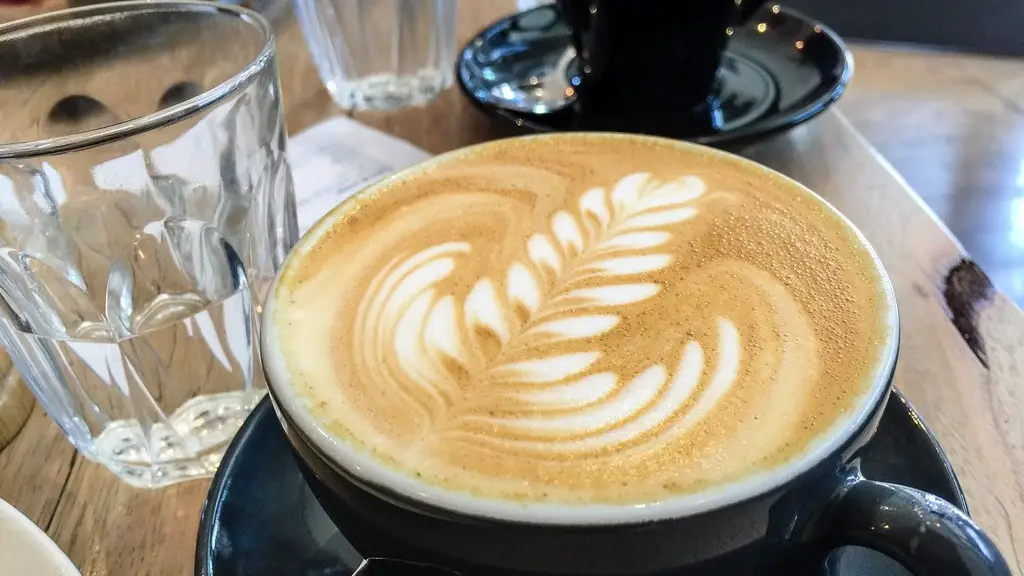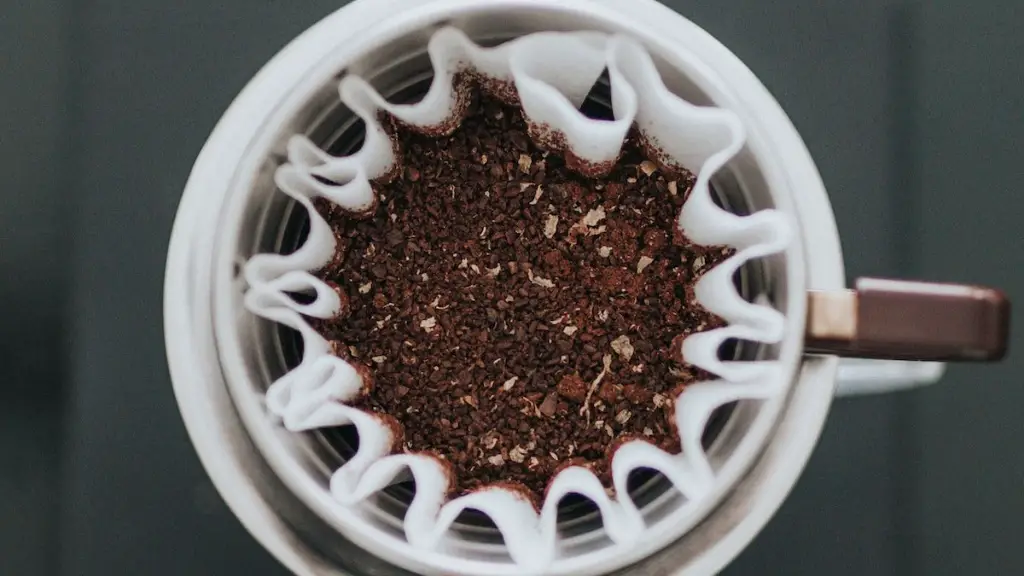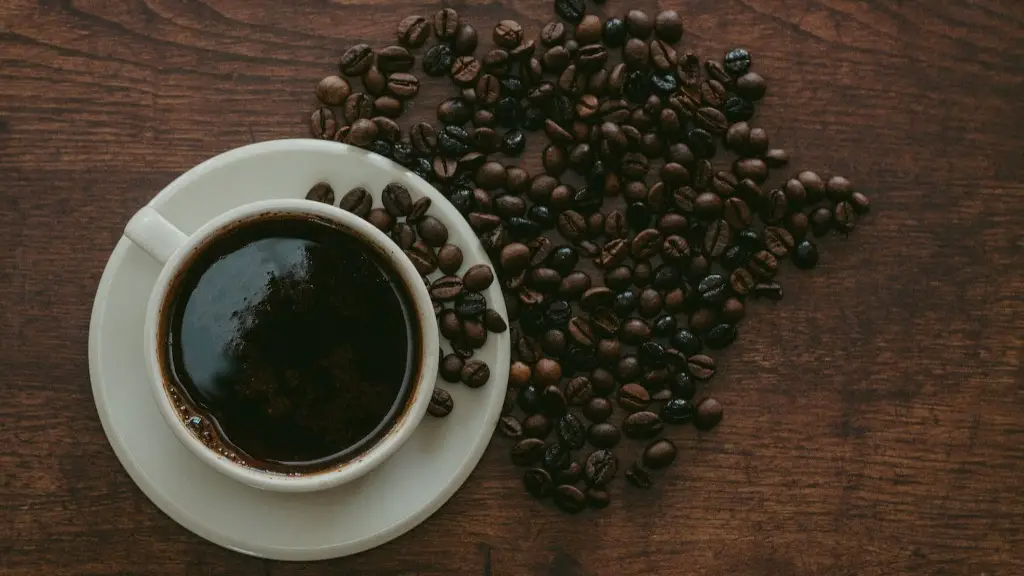The Power of a Scheduled Coffee
Coffee boasts many potential health benefits and is a popular beverage worldwide. But what time of day is the best time to drink coffee for optimal health benefits?
Drinking coffee first thing in the morning is a habit for many of us. Although the extra alertness and boost of energy that comes with a cup of morning joe can certainly be enticing, drinking your caffeine too late in the day can make it difficult to get a good night’s sleep. In terms of pouring your daily cup of coffee and when to drink it, experts suggest to take a thoughtful and strategic approach that considers the timing, strength and type of coffee.
Caffeine has a half-life of about five hours on average and it takes about one hour for it to reach the peak level in your bloodstream. This means it’s wise to stop consuming caffeine by early afternoon to allow your body adequate time to rid itself of the stimulant before turning in for the night. Depending on your body type, supplementing with caffeine later in the day can increase the time it takes to fall asleep and reduce your total sleep time.
If it’s more energy you’re seeking throughout the day, there are healthier options to increase your alertness and productivity than opting for caffeine. According to Sleepy’s Academy, many new studies confirm that taking regular, even short, breaks can help improve cognitive functioning, reduce stress and help achieve greater productivity. Therefore, making sure you are taking regular breaks throughout the day is a great way to naturally boost your energy levels and concentration.
When the late afternoon slump kicks in, opting for a cup of coffee between 2-4 pm can help you tackle whatever tasks remain for the day. Later in the day, however, it’s best to find another source of energy such as an energising snack or a walk outside. From 4 pm onwards, it’s advised to cut back on or avoid caffeinated beverages in an effort to improve sleep quality that night.
Drinking Coffee – Variety Matters
Coffee beverages can come in many forms, and the specifics should be considered when thinking about the best time to drink coffee. Experts recommend light-roasted coffees that are more likely to provide the desired alertness without the espresso-level of caffeine. Caffeine content varies widely about 2 milligrams to 350 milligrams per 8-ounce cup, so keeping track of your caffeine levels is important when making strategic decisions about when and how much coffee to drink each day.
Mid-morning, the medium roast coffees are best as they contain a balanced composition of amino acids, oils and acids that make a full-bodied cup of coffee. A heavy-roasted Irish blend or a double espresso is best during the first half of the day as it contains less caffeine and a wider variety of compounds. Generally, heavier roasts should be avoided to increase alertness and focus. The lighter roasts won’t interfere with the body’s natural cycle and helps support alertness during the afternoon.
Research Findings
Researchers have conducted a variety of studies to uncover the secrets of the best time of day to drink coffee. One recent research study from the University of Bath suggests that consuming caffeinated beverages shortly after 10 am can produce relatively greater alertness and improved performance for tasks that rely on visual attention. The analysis of the University of Bath study indicates that consuming caffeinated drinks between 9–10am and 11–12pm is associated with increased alertness.
The researchers also found that consuming caffeine at other times of the day had no clear effect on our alertness, although for people who are particularly sensitive to caffeine, it would be better to avoid drinking it in the late afternoon and early evening. According to the study authors, the time at which caffeine should be consumed is determined by the “timing of the body clock as much as the timing of the caffeine clock.”
Tips to Make the Most of Coffee
If you’re an avid coffee drinker, there are strategies and tips you can employ to make the most of caffeine to suit your lifestyle. Space out your coffee over the course of the day and watch your caffeine intake. Many experts suggest that people limit their daily intake to just two to three cups of coffee per day.
In order to make the most of coffee for boosting alertness and performance, timing your consumption and watching your caffeine intake will go a long way. For those looking for a pick-me-up, pour a cup of coffee between 9–10am and 11–12pm to get your day started or tackle that afternoon lunch slump.
Tailor Coffee to Your Lifestyle
When drinking coffee for its potential health benefits, tailor your daily cup of coffee to make the most of it. Drink your coffee later in the day if you’re an active individual and need that extra energy or later in the morning if you’re more of a night owl. It’s a good idea to save the heavier, more caffeinated drinks for the early afternoon when you will likely have a greater ability to metabolise it more efficiently.
If you’re in need of greater focus and alertness, space out your coffee over the course of the day and switch to light-roast coffees that offer more balanced alertness. To prevent difficulties with falling asleep later in the night, avoid consuming caffeine after the afternoon in order to leave enough time for the body to metabolise it.
The Benefits of Coffee Consumption
Research suggests that moderate use of coffee can bring certain health benefits along with its stimulating properties. Studies have shown that coffee can reduce type 2 diabetes, Parkinson’s, Alzheimer’s, liver cancer and help with weight loss. Coffee is also a great source of antioxidants and anti-inflammatory compounds that help the body detoxify, promoting optimal health.
Coffee is a stimulant that can boost energy levels, elevate mood and lead to improved cognition and alertness—all valuable qualities. Drinking coffee early in the day may give your day a great start and provide that extra focus and alertness during times when you need it the most.
How Coffee Affects Sleep
Although excess coffee can lead to sleep issues, drinking coffee in moderation is unlikely to affect a good night’s sleep. In fact, coffee could actually help people get to sleep faster if they drink it prior to their preferred sleep time. Studies show that caffeine can reduce sleep latency, the amount of time it takes to fall asleep, by up to 5 minutes on average.
Overall, it’s important to consider the timing and quantity of coffee you consume each day to make sure that it doesn’t interfere with your sleep. Different individuals will have different responses to coffee and it’s essential to consider how different types and amounts of coffee consumption can affect sleep patterns and overall energy levels throughout the day.
Conclusion
In conclusion, the best time to drink coffee is a largely individual decision based on your body type and preferences. Generally, lighter roasts and low-caffeine coffees are best suited for the late morning and early afternoon hours. It’s important to watch your caffeine intake in order to maximize the potential health benefits of consumption and make sure it does not interfere with sleep. Up your coffee consumption when tackling tasks that require alertness and focus and try to avoid coffee late in the afternoon and early evening.


